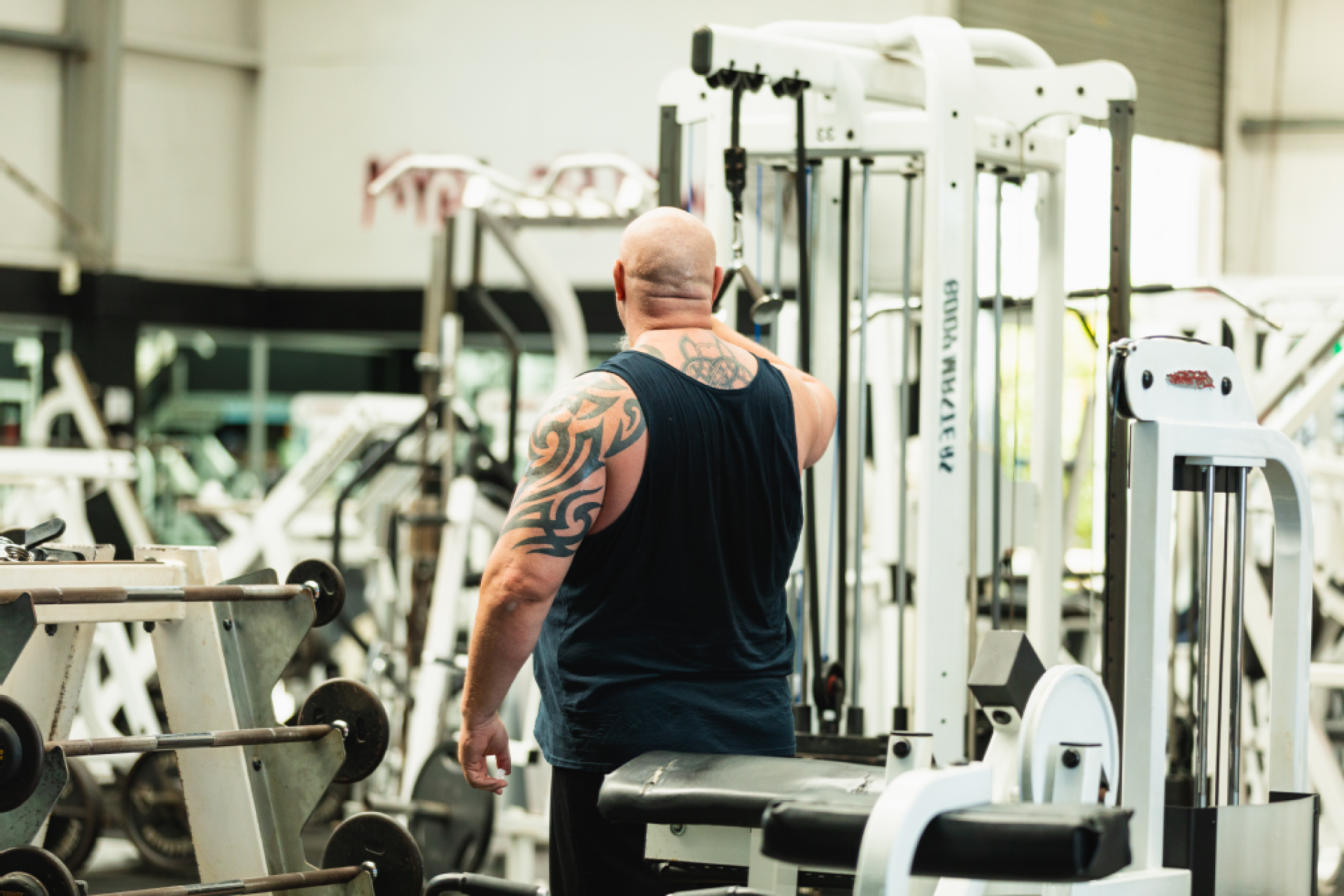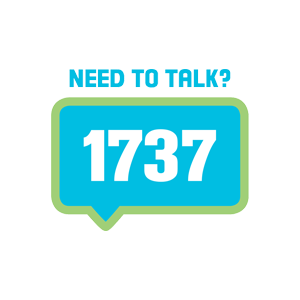Boys in Aotearoa New Zealand grow up in a culture with a range of unspoken rules about how we, as men, are expected to act – the man rules.
I will always remember when I was 10 or 11, my Dad’s father told me I was too old to give him a kiss on the cheek – like somehow physical affection had an age limit on it. While things are shifting, a lot of guys still carry these unhelpful and limiting ideas of what is acceptable and what’s not, when it comes to expressing themselves.
If you ask anyone who steps a little outside of the norm and how they find it, often in my experience, you will hear that they get a hard time. Whether you’re taking a break from alcohol, starting a new exercise routine or maybe you’re trying to eat a few more plant-based meals – you often take jokes from the boys, explain, and defend yourself. Try wearing Crocs to some places – see how that goes.
A lot of this banter comes across as lighthearted, but it’s also a way of keeping people locked in one way of showing up in the world. When you tease and shame someone for doing something different, it makes them question what they are doing and retreat from change. The banter might not be intended to do that, but the outcome is the same regardless. No one likes being embarrassed, shamed, made fun of, and made to feel the odd one out. So, many change their behaviour to avoid that feeling.
I think it’s the same when we step away from the traditional man rules.
These rules aren’t painted on walls, and we don’t talk about them often, but they are all around us and can shape our beliefs and behaviors.
To understand these unspoken rules, researchers have worked with groups of men through a series of interviews— discussing their ideas about manhood, masculinity and what these rules look like. There are multiple studies that show these findings but for this essay, I am drawing on one, New Zealand specific, body of research. This research says that traditionally, we are meant to stick to six rules.
We need to be capable of dealing with life’s challenges and bullshit – preferably alone and without asking for help.
We are also expected to be in control of our emotions, except in exceptional circumstances. Men shouldn’t cry or show our feelings in front of others.
We are expected to be providers. We are meant to be rocks for our families and friends, provide financially, and be sources of strength.
There is also the role of being a protector. Men are supposed to be able to defend the people they are close with physically and emotionally.
Men should also maintain a solidarity with one another and not sell each other out. This means we don’t nark; we stick with our mates no matter how bad their behavior, and we shouldn’t put down traditional ideas about masculinity or the social ideas about being a man.
Finally, men are supposed to be uncomplicated. We shouldn’t be dramatic (that’s for girls!), overly sensitive or flamboyant. Do these seem familiar to you? They’re the reasons why I’ve seen people get hassled, teased, and even bullied.
Humans are social creatures, and we want to fit into the groups we live in. We want to avoid shame at all costs. So, when we are needlessly shamed for how we behave, we may hide our behavior to avoid that happening again. Or we might act in a way that’s inauthentic to us, but what is expected of us, to fit in. When boys grow up being told not to cry, to harden up, to not act like a girl by expressing their emotions and sensitive side, they develop into men who struggle to connect with others, and indeed themselves. Stopping men from emotionally expressing themselves in a healthy way is shown to lead to more isolation, worse mental health, and a greater likelihood of substance abuse and use of violence. We can change this if we allow one another, as boys and men, to be more genuine versions of ourselves.
Now, don’t get me wrong, there are exceptions to every rule, and we are seeing some positive social shifts. Men are starting to understand it’s ok to open-up and ask for help, especially when it comes to conversations about mental health. I see way more men walking prams or wearing colorful outfits. Well known men, like Olympic and Commonwealth boxer Harry Garside, are speaking up about stepping outside of these rules and masculine stereotypes. Despite this, these rules do persist, and it will take all of us, together, to continue the shift away from them. We don’t want just bubbles of positive change; we want an ocean of it.
We can start making changes and help each other reject these masculine rules, simply by starting to talk about it. These conversations differ of course depending on where we find ourselves. Once, I was speaking in a maximum-security prison about this sort of thing, and a young man said to me “bro, I hear you, but it’s hard to be vulnerable surrounded by gangsters.” He was right, of course. We need to pick when and where we have these conversations and who we have them with. In my experience though, when the time is right, boys and men are hungry and keen to get into this kōrero. I think talking with people, not at them, is the best way to go, and that can start with simply asking questions. “Why do we think that?” can be a change making conversation starter.
I believe there is a strength in helping boys and men know that sticking to the old ways of showing up as men can be bad for us. Having those conversations in our own way, in our own language, is powerful. We don’t need to have complicated jargon and buzzwords to explain that, if we act tough all the time, push all our feelings down, and sink heaps of piss to keep a lid on things, it can lead to bad situations. That could be a street fight, a car accident, or a steady decline in our mental health. We can help each other’s growth by supporting one another. If your mate is drinking too much – something we often start doing young to show off and fit in – maybe offer to do a sober month together.
Change is easier done together. We can be honest about our own struggles, share stories of low points and the steps we might have taken to heal, and walk alongside friends and family in their own changes. Yes, it can be uncomfortable to have conversations like this but what are the consequences if we ignore things that we know need addressing?
Finally, I think as much as it’s important for us to identify unhealthy beliefs and behaviour, we must highlight good behaviour and role models as well. Whether it’s celebrities on TikTok and Instagram, or people in our own communities who we can point out as good examples to men and boys around us. There are, as I’ve mentioned, men who are breaking the man rules – having richer, healthier, and happier experiences of life because of it. Let’s showcase them all the time and talk about the positive men, not just the negative ones.
Being a loving father, having meaningful, respectful relationships, and addressing our feelings is great for us. Knowing how to connect with mates, ask for help as well as offer help, and just generally openly loving each other, is just as good for us as dudes. If we can hassle each other less – stop giving your friend who wears Crocs and drinks soy lattes a hard time – then, over time, we will phase these rules out, and give each other freedom to be who we are rather than act as someone we are not.

